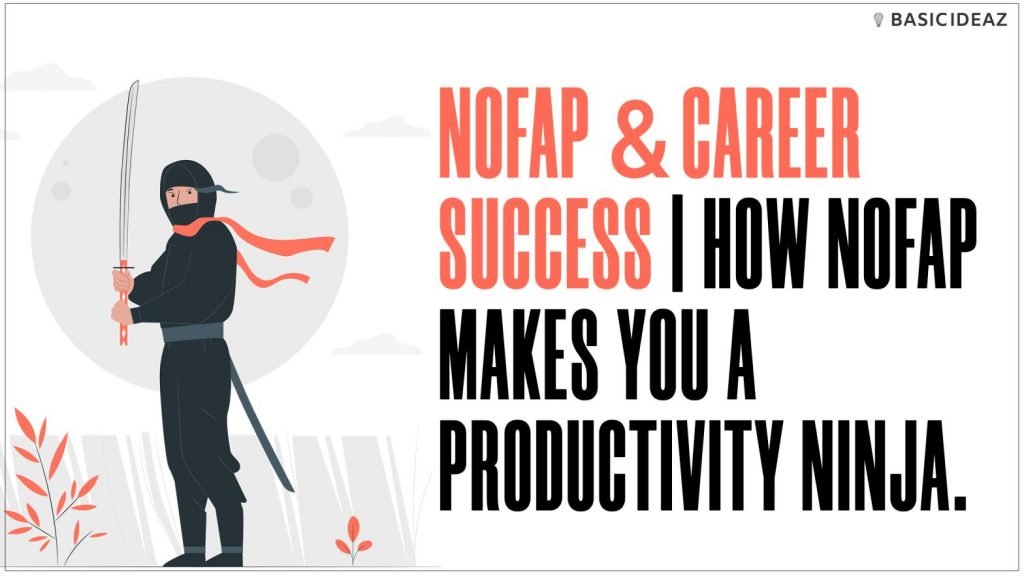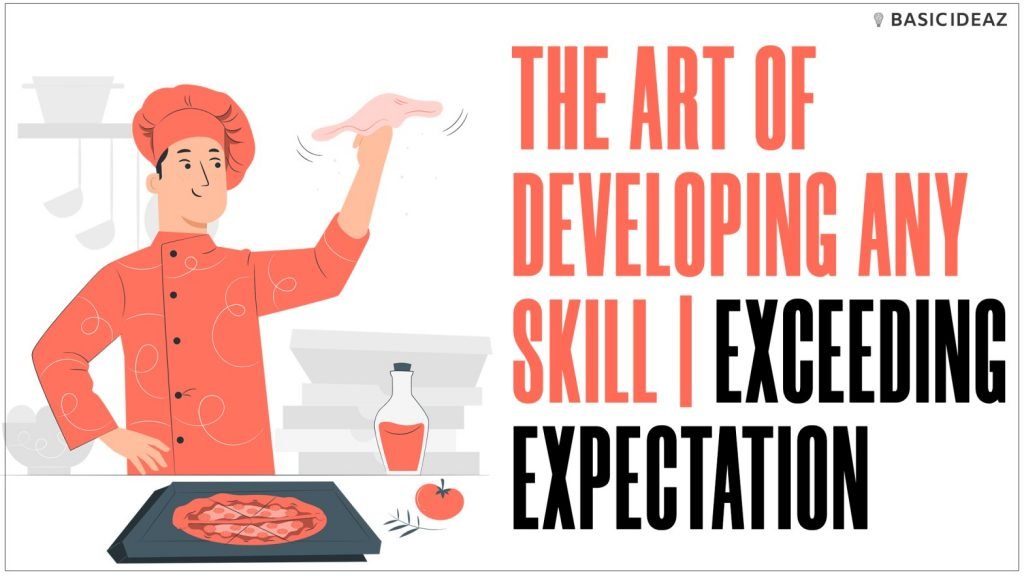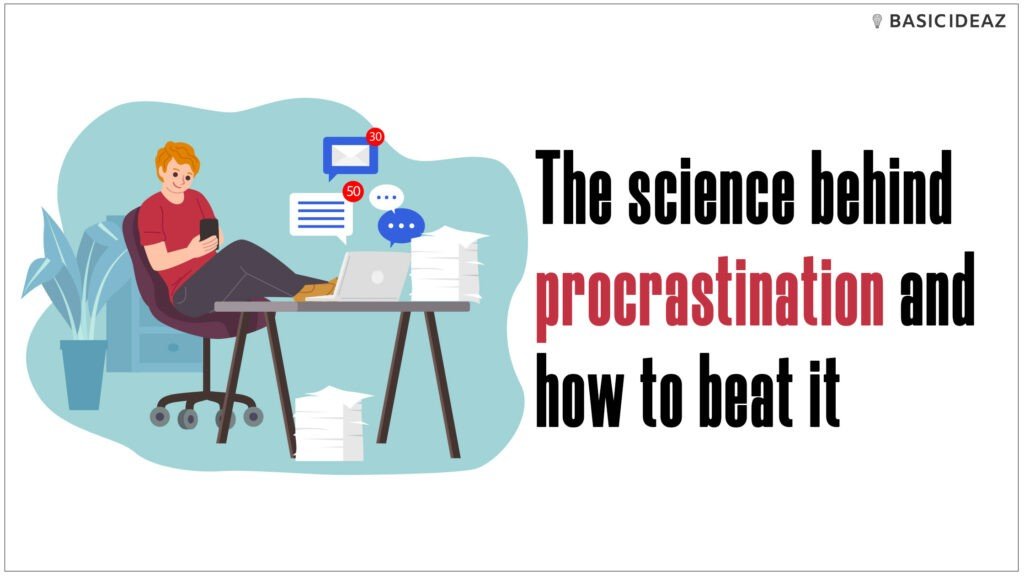Procrastination and Mindfulness | A Guide to Start Moving in Life.

Suddenly, you are in your middle age, and still, you haven’t achieved much in your life.
It only seems like yesterday that you had all the dreams and desire to do something great, but now, as time passes by, those dreams and desires start to fade away.
What happened?
What did you do wrong?
Now, every day is the same.
You already know what will happen today, tomorrow, or the day after tomorrow. There is no excitement anymore.
You are also aware of your promises that you will work on your goals, no matter how hard it becomes, and you will do this and do that within the upcoming months.
But, deep down, you are also aware that you will never complete your projects on time; you will never finish that half-done manuscript that has been lying in the drawer for the past two years.
You will keep making promises and keep breaking them.
Why?
Is it because of your willpower, or is it because of something else and how to stop your procrastination for good?
Get Quality Self Improvement Articles Every Week, No Spam, No Ads.
Thank you!
You are added to the community of Basicideaz.
What is procrastination?
You lie on your bed most of the time or play video games with your friends instead of working on the planned tasks at hand.
Perhaps, you talk on the phone for hours or keep doing something else instead of working on the tasks that matter the most.
If you do this, you are procrastinating.
Procrastination is the action of delaying or postponing the tasks at hand.
We keep setting dates to start our dream projects, we keep making fake promises that we will start losing weight from tomorrow, but we never do.
Why do we do this?
Why do we procrastinate?
Self-respect and procrastination
Our brain tries to protect the assets that are good for our survival.
For example, we want wealth, have good health, a good marital life, etc., because this supports our survival.
The things that don’t support our survival, our brain will avoid it at all costs like a threat to your life, job loss, losing money in shares, getting arrested, etc.
Therefore, it is safe to assume that the brain constantly searches for threats and opportunities for survival.
Self-respect is an asset for survival because a person having self-respect is always disciplined.
Why?
Because self-discipline generates self-respect, and to protect self-respect, the brain tries to be disciplined.
The cycle never ends.
For example, if you go to the gym, despite not feeling like going, your self-respect will increase because you did something that is right according to you.
Again, you will go to the gym because if you don’t, your respect for yourself will decrease.
So, to protect it, you will find yourself in the gym every day.
A self-respected person understands the intrinsic joy of life.
He knows that happiness is his birthright, and nobody can take it away from him.
No matter how difficult the task seems, no matter how painful it sounds, he will find happiness and joy within it because he is living according to his free will and not according to his urges and emotions.
Before going too deep, let’s clarify the relationship between self-respect and procrastination.
The relationship between self-respect and procrastination is inversely proportional.

It means if you have low self-respect, you will procrastinate more.
Again, if you have high self-respect, you will procrastinate less.
Intrinsic motivation and Procrastination
There are two types of motivation.
Extrinsic and Intrinsic motivation.
Extrinsic motivation generates from external sources like motivational speeches, books, articles, movies, etc.
As the name suggests, intrinsic motivation generates from within while performing a task.
You must have felt the joy of doing something for hours without getting tired or bored.
No matter how difficult the task seems, you keep working on it because it makes you happy.
This is intrinsic motivation.
Extrinsic motivation is short-term.
Once you listen to a motivational podcast or read a self-help book, you will be motivated for a few hours or a few days.
But, sooner or later, that motivation wears off.
On the other hand, intrinsic motivation is long-term.
But, intrinsic motivation can die over time for various factors.
When you were a child, you were excited about anything, but that excitement has extinguished as you grew up.
You don’t feel the joy of working on your goals anymore; you don’t get excited about the things that you were once passionate about.
In other words, your passion is dying slowly.
How did that happen?
There are various reasons for decreasing your intrinsic motivation; guilt, shame, addiction, environment, etc.
Addiction plays a vital role in the decrease of intrinsic motivation.
If your happiness is dependent on extrinsic factors like games, pornography, or alcohol, it will directly affect your intrinsic motivation.
Why?
Because addiction generates shame and guilt, this negative emotion makes you feel unworthy of happiness.
Moreover, when your happiness depends on external factors, you don’t live according to your free will.
A person who doesn’t live according to his free will is always caged, and a caged person is never happy.
Therefore, once your intrinsic motivation starts to die, you start procrastinating more because you don’t feel joy while working on your project.
Once a person stops his addiction, he becomes free and can purely focus on his goals.
We will talk about addiction in other articles.
The relationship between intrinsic motivation and procrastination is again inversely proportional.
The more intrinsic motivation you have, the less you will procrastinate and vice-versa.
Procrastination and Mindfulness
But, what does mindfulness have to do with procrastination?
And how can mindfulness help to reduce our procrastination?
One of the key ingredients of mindfulness is self-awareness.
A self-aware person knows what he is feeling, thinking, and doing in his life.
Most of us live on auto-pilot as if we do things whatever our brain suggests us to do, like smoking, eating junk food, etc.
This is what we call habit.
We are creatures of habits, and that’s not a bad thing.
Habits save us time and the cost of our lives; without them, we would have been doomed.
But, with time, we also cultivate unhealthy habits like thinking ill of other people, rash driving, gambling, drinking, and of course, procrastinating.
Procrastination is just a habit.
Again, the more you repeat something, the more you become good at it.
Similarly, the more you procrastinate, the better you become at it.
Someday you will become so better at procrastination that you will not even realize when you lost the hour, the day, the year, and your life.
This habit of procrastination will continue until we are unaware of our actions.
Of course, we know there are many things wrong in our lives that make us unhappy, but it seems like we are unable to stop them.
As if the time is slipping by every second.
So, we promise that we will start working from tomorrow, the next hour or the next minute but never now.
We believe it is a fault of our willpower, and because of this, we are failing.
But, I will explain that’s not the case and how you can reduce your procrastination for good.
Mindfulness can help you become more productive because you will know if you are wasting your life.
Awareness
My friend joy wants to become a 3d artist.
Therefore, he does everything else, like cleaning the room, playing video games, or talking with friends except practicing 3d modeling.
Every night he goes to sleep promising that from tomorrow, he will start practicing for hours and learn everything in the next five months.
But, guess what?
He never does all those things.
Perhaps, for a day or a week but after that, he goes back to his old routine.
Joy makes unconscious decisions daily based on his emotions.
If he feels like playing games or talking with friends, he does it without knowing he just decided to play games or talk to his friends.
Awareness is knowing you made those decisions.
You don’t need to curse yourself or stop yourself from making those decisions or try to suppress your emotions.
You just need to observe it, study it from a third-person perspective, and accept the outcome.
Reality is unfolding every moment, and there is all range of emotions in reality.
You cannot only have good feelings all the time.
A person who accepts reality understands that he has to go through pain and happiness as well.
Only experiencing all kinds of emotions, including boredom, stress, pain, uneasiness, etc., you can value the happiness and joy in your life.
But, we hate or are scared of these emotions.
We don’t like to put effort or use our brain because it’s tiresome.
So, we escape reality through drinking, smoking, gambling, playing video games, or watching pornography.
In other words, through procrastinating.
Once you become aware of your thoughts, emotions, and actions, you will start facing reality because if you escape, you will know.
Get Quality Self Improvement Articles Every Week, No Spam, No Ads.
Thank you!
You are added to the community of Basicideaz.
Basic and Priority
When we wake up in the morning, we don’t make our bed because it can be done later—no big deal.
We don’t wash our clothes on time and leave the basin’s unwashed utensils for hours or days.
We don’t like to do these minor works on time because these tasks are insignificant to our goals.
There are so many important tasks to finish, like writing that project or preparing that unfinished presentation.
But, you never complete those on time because you always procrastinate.
The point is, if you procrastinate on the minor tasks of your life, you will also procrastinate in your priorities.
A person does according to his character.
If your character is one, who likes to procrastinate on the basics of your life, he will definitely procrastinate on the priorities.
If he does procrastinate on the basics like not taking a bath on time or cleaning his room on time but completing all the other important tasks on time because that’s important, then he will have a dual character at the same time, which is not possible.
Now imagine a person who does everything on time, including waking up early in the morning, making his bed, brushing his teeth to cooking his food.
That person has the character of completing the required tasks on time.
He will neither delay the basics nor the priorities because that’s his character.
So, start making your bed from today, not tomorrow.
Procrastination and living in the Present
One of the biggest reasons we procrastinate is because we are not ‘here.’
We are always in the future where we are doing wonderful things like becoming a singer, a content creator, or a millionaire.
In the next two months, I will work so hard and do this and that; in the next five months, I will lose 20 kilos, and within the next few years, I will earn millions.
But, if you pay close attention, you will realize that the future is nothing but a representation of the past if we are unaware of the present.
Also, the future is nothing but a projection of your mind, which only makes you feel good or worried.
Again the moment you sit down to work, you also think about the number of hours you are going to put in.
“Okay, today I will work 10 hours because yesterday I did 9.”
“There are so many tasks to complete today, I am nervous about how I am supposed to finish all those.”
Once you have this mindset, and almost everyone has this mindset, you forget the present that is moving every moment.
We are not even mindful of our breath.
Have you ever sat down and noticed your breath?
You are always taking your breath at this moment, nor the future, and neither in the past.
You are always here.
No matter how much you get worried or stressed about your life or how many times you visualize your ideal self, the truth is you are here, and you have all the power to change this moment.
At this moment, you can start working on your project or start your diet.
It doesn’t matter if you will succeed in your diet or not, that’s again the future.
But, at this moment, you are already succeeding.
The concept is hard to grasp until you make a conscious connection with the present, and the best way to make the connection is mindfulness meditation.
Once you start living in the moment, procrastination will subside because you have the power to do anything in the present.
Conclusion
There is always a voice in your head that keeps telling you to do things.
Noticing that voice is mindfulness.
You don’t need to judge the voice or reprimand it.
This voice is sometimes louder when the urge or fear is high.
Sometimes it whispers when you do things out of your habit.
Once you start noticing the voice, you can make better decisions for your life.
Best
Ahbab





